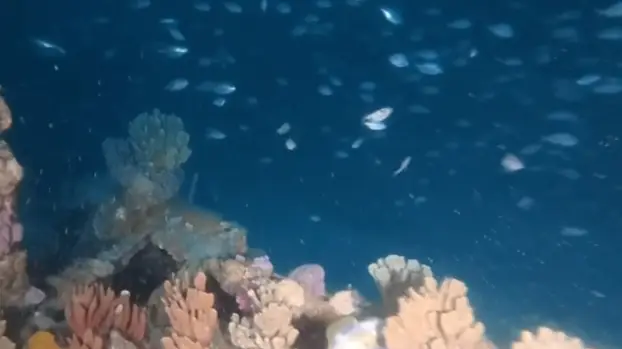


The CIA enlisted the help of clairvoyant remote viewers to track down the religious chest

The team behind the discovery of a shipwreck off the coast of Gippsland suggest that the 'holy grail' is still out there

Ian Russell has been campaigning for online safety since his daughter Molly's death, shown in a new documentary airing tonight

YouTuber Clark Kegley has been sober for 1,400 days

Mary Lea Trump explained that the US could be in a financial hole following this conflict

Antony Hawman was able to completely transform his body – but it wasn't without unpleasant side effects

The Grammy-winning singer was pulled over in Ventura County on Wednesday evening

Dr Rema Malik revealed the secret to maintaining cardiovascular health well into old age

It's a giant concrete edifice to mystery

Antonia Bettridge moved to Dubai in 2023, now she's detained there

Many think that the relationship trend is solely to do with what happens in the bedroom

Mary Trump said that her uncle is 'in trouble, and he knows it'

Lady Victoria Hervey, who dated Andrew in the 1990s, has made an unusual excuse for the photos

ChatGPT announced a new deal and over a million users have ditched it as a result

They might work while you're on them, but then you need to work out what to do afterwards

One described the situation as a 's***show' after their flight failed to take off

More and more countries are being dragged into the Middle East conflict

She continues to speak up despite online backlash

He criticised the US, Israel and Iran for playing 'Russian roulette with the destiny of millions'

The 22-year-old wants to raise awareness of her condition

Igor Komarov, 28, said his abductors had 'already chopped off some of his limbs' in the haunting video

Corey Warren explained that drinking is likely affecting you more than you think

The Money Saving Expert has issued an update on a proposed compensation scheme for car finance mis-selling




